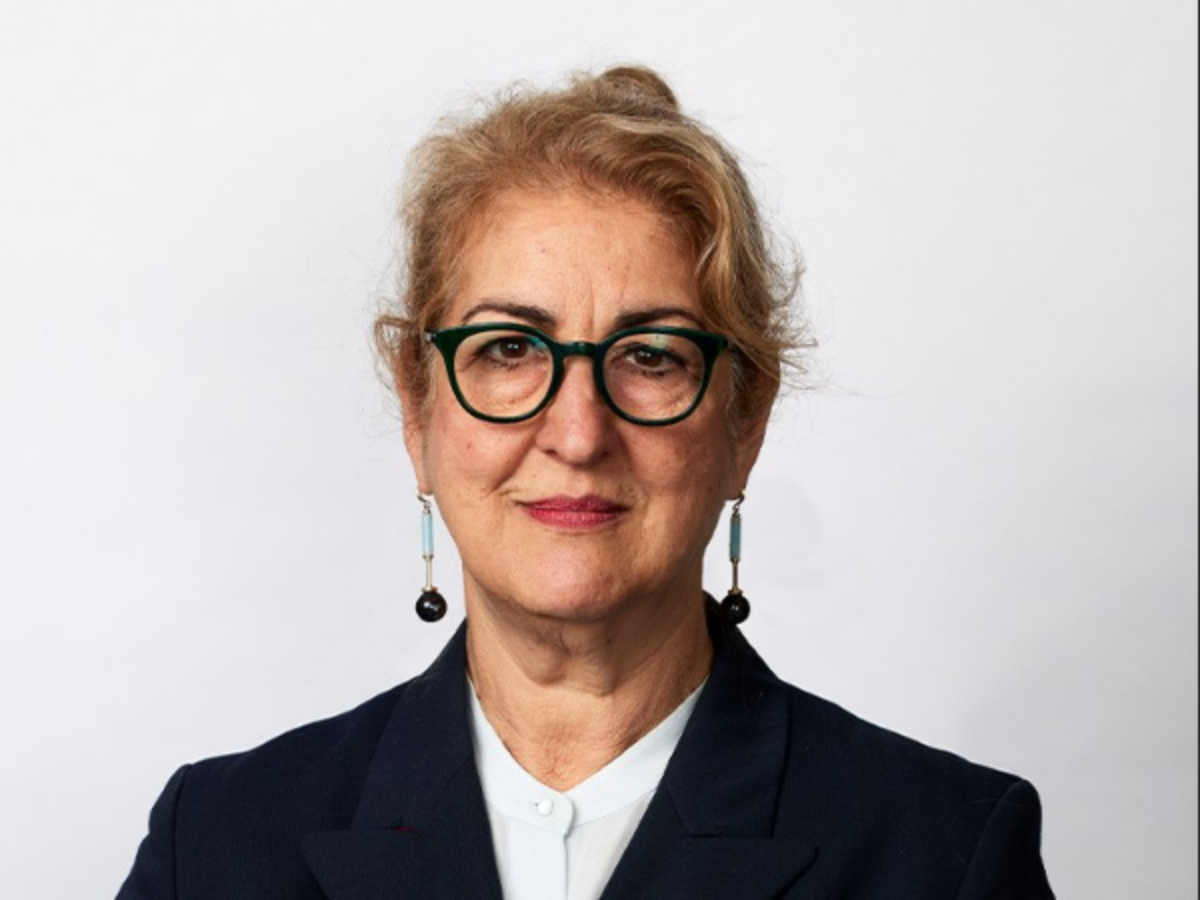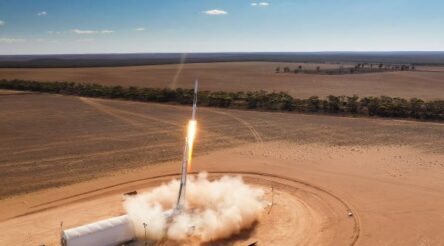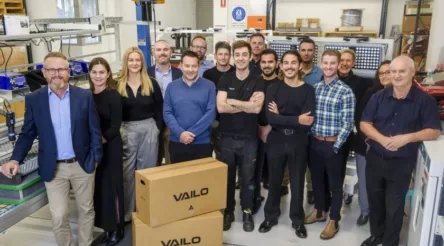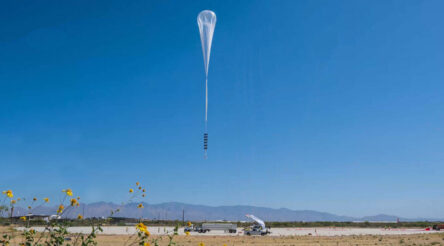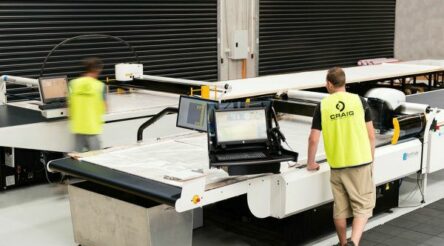Australian new-vehicle engineering and manufacturing firm Premcar this week announced the appointment of Craig Clarke as its first Chief Operating Officer (COO). Clarke was previously a senior executive at Nissan Motor Company’s Asia-Pacific operations, following management positions at Cox Automotive / Manheim and Goodyear-Dunlop. Clarke has been assigned to lead and manage engineering and manufacturing operations across the company’s two vehicle development and assembly sites in Epping, just outside Melbourne. The new leadership and management position resulted from its continued growth, Premcar said, underpinned by increases in new-vehicle engineering projects and growing secondary manufacturing operations for global carmakers, as well as overseas expansion. “Various carmakers have tasked the Premcar team with delivering more long-term engineering and manufacturing projects so appointing Craig Clarke, a highly experienced auto industry leader and manager, is a logical step to ensure they get the success they expect from our team,” said Bernie Quinn, Engineering Director and Co-owner at Premcar.
Basic organic chemical manufacturing worth $1.7 billion
Market research firm IBISWorld has released updated figures on the basic organic chemical manufacturing industry in Australia, finding an industry with estimated revenues of $1.7 billion in 2024, 1,040 employees, and 32 businesses. The sector saw a 3.5 per cent CAGR in the past five years, and has “undergone structural and operational changes over the past few years” with several companies ending or reducing local production “because of changing market conditions and the industry is in the decline phase of its economic life cycle.” The industry has undergone rationalisation activities, with long-time downward trends in company and employment numbers, and been impacted by volatile conditions in recent years. “Given Australia’s reliance on imported products and its position as a price taker, cyclical fluctuations in the global chemical market have impacted the local industry’s performance” the summary added.
Engineers Australia, Energy Networks Australia form partnership
A new partnership between Engineers Australia and Energy Networks Australia “will play a crucial role in equipping Australia with the engineering expertise required for a smooth transition to renewable energy” according to a statement from EA this week. The agreement will see the organisations work together across three key areas aimed at building the competency and recognition of engineers within the energy sector, while addressing shared challenges. Engineers Australia CEO Romilly Madew said in a statement that, “Addressing the skills shortage within Australia’s energy sector is central to achieving net zero emissions by 2050. The transition to clean energy not only represents a significant shift in how we generate and consume energy but also necessitates a substantial expansion and enhancement of the workforce capable of driving this change.”
Picture: Deena Shiff



